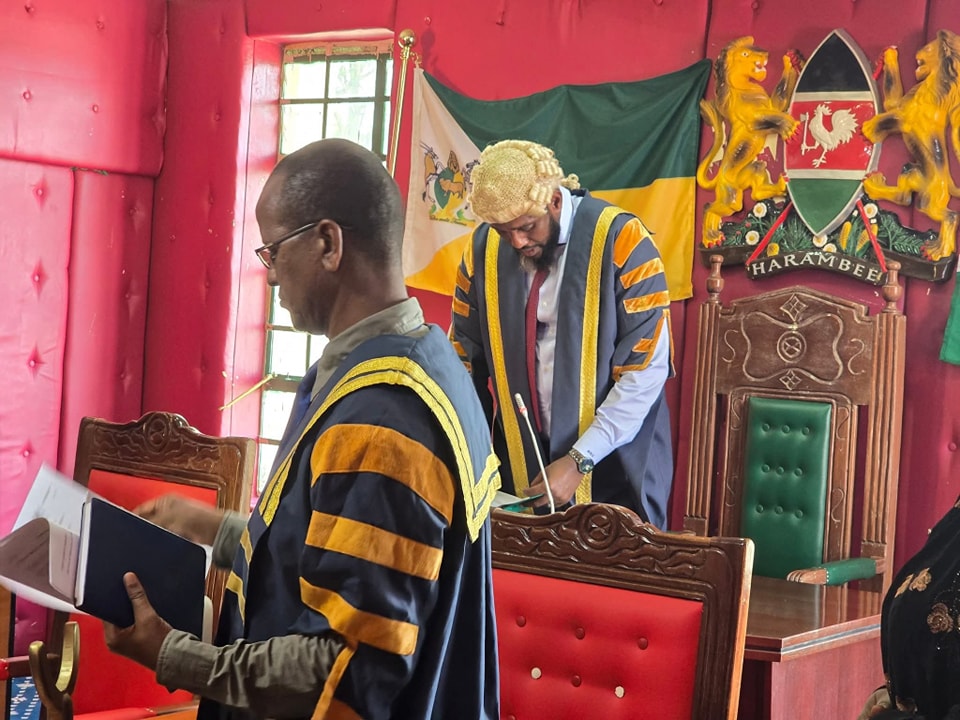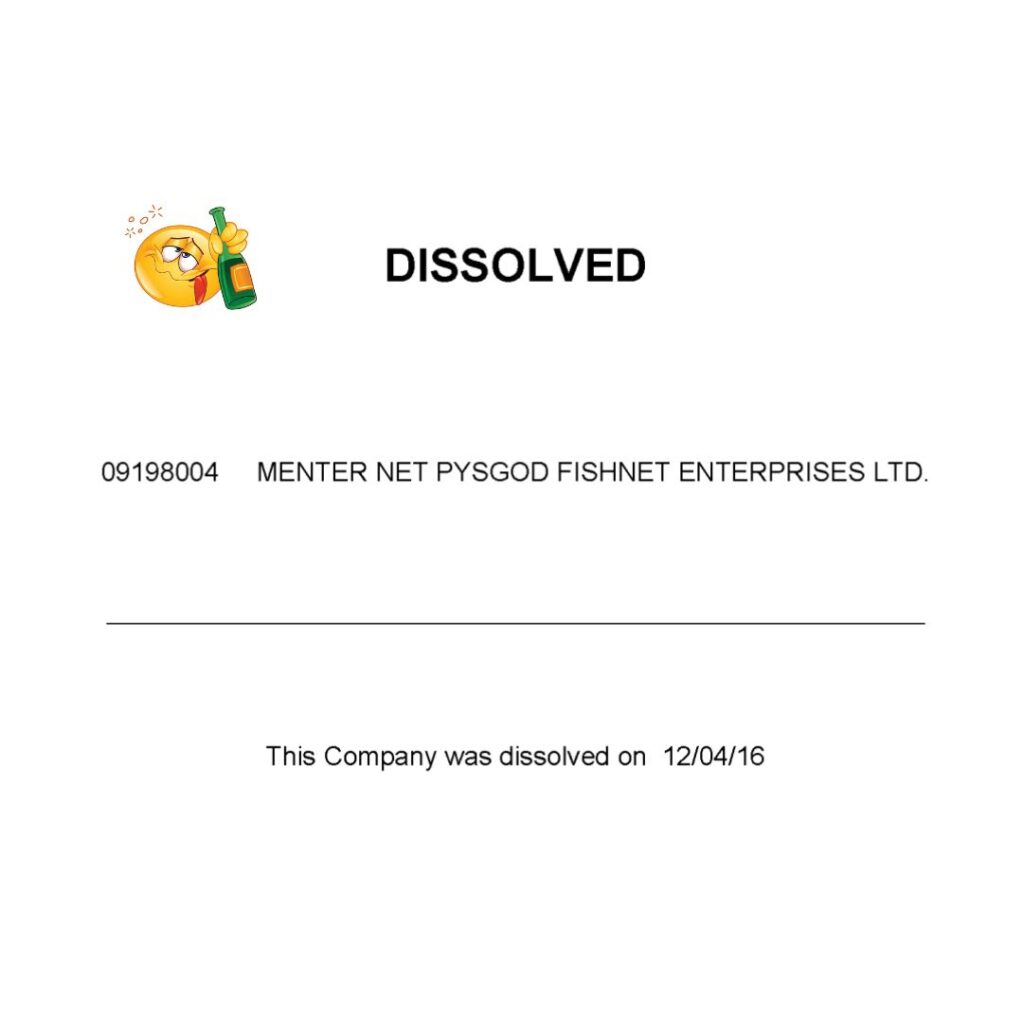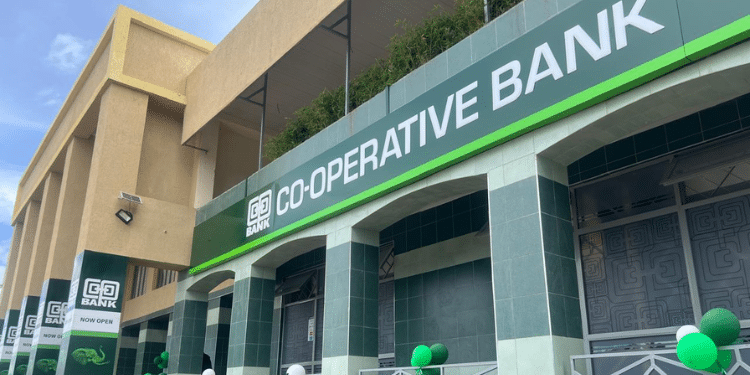Physical Address
Nairobi Kenya
Physical Address
Nairobi Kenya


By Ecamby Alex
In a decisive ruling by the High Court in Nairobi (Milimani Law Courts), Justice En Maina found that Fish Nets Enterprises Ltd, operating as Ganale Wholesalers, colluded with multiple Isiolo County officials to defraud the public of KSh 7.22 million through a rigged procurement scheme. SEE HERE (Comprehensive Anti-Corruption and Economic Crimes Civil Suit E003 of 2021)
What Happened???
The events occurred between September and December 2014, during which Isiolo County processed irregular payments to Ganale Wholesalers under the pretext of supplying emergency relief food.
Investigations revealed that the county bypassed the legal procurement framework required under the Public Procurement and Disposal Act, 2005. No competitive bidding occurred. Instead, payments were made based on forged documents, fake LPOs, and backdated inspection reports.
Shockingly, GOV.UK records show that Ganale Wholesalers was dissolved in 2016, two years after the contested transactions. SEE HERE

Let’s get the gist of it.
So what was revealed?
Key findings from the case indicated a well-orchestrated fraud scheme involving forged documents, illegal payments, and conflict of interest. Forensic experts confirmed that letters purportedly written by a Ward Administrator and an MCA to request relief food were forgeries. The procurement trail was fabricated, with inspection and acceptance forms created two years after the alleged deliveries and Local Purchase Orders (LPOs) issued long after payment was already being pursued. A glaring conflict of interest emerged as the 2nd Defendant, Bonaya Dida, was both a county employee and a director of the beneficiary company, in clear violation of the Anti-Corruption and Economic Crimes Act. Further evidence showed that KSh 2.03 million was withdrawn by the 3rd Defendant, while KSh 5.187 million remains frozen in a joint bank account held with the 4th Defendant, indicating significant unjust enrichment.
Judicial Orders and Implications
The High Court ruled that the entire KSh 7.22 million constituted proceeds of corruption and ordered the Defendants to jointly and severally refund the amount with interest from the date the suit was filed. It further directed that the frozen KSh 5.187 million in the Co-operative Bank account be applied immediately toward the settlement. The judgment also affirmed that public officials remain personally liable for misuse of public funds, even after leaving office, reinforcing accountability in the management of public resources.
Bank Confirms Suspicious Transfers
John Rutere Njeru (PW7), an officer from Cooperative Bank Of Kenya Co-operative Bank , testified that the 2nd and 3rd Defendants; Bonaya Dida and Qabale Wario Halakhe were the sole signatories of Fish Nets Enterprises Ltd’s bank account.
He confirmed that KSh 5.187 million was transferred from the company account to a personal joint account held by the two, raising suspicion of deliberate efforts to conceal or divert public funds for personal gain.

Expert Witness Confirms Forgeries
Forensic examiner Ivy Akinyi Scott (PW8) provided evidence that critical signatures used to justify the procurement were forged. She particularly noted that documents allegedly signed by Cherab Ward MCA Hassan Kumpa did not match verified samples. Though she could not identify who forged the documents, her testimony significantly weakened the defense’s reliance on those letters, which had formed the basis of the controversial payments.
Culture of Fraud and Manipulation
The testimonies presented a grim picture of institutional fraud within Isiolo County. The procurement process was bypassed entirely, there were no valid Local Purchase Orders (LPOs), no signed contracts, and no proof of competitive bidding. Instead, payments were made based on forged letters, backdated inspection reports, and unauthorized complementary notes. Several county officials were found to have either actively participated in or enabled the illegal transactions.
Notable Denials, Deflections and Gaps in this investigation;
DW1: “Complementary Notes Were Personal”
Guyo Adi, former Personal Assistant to the Governor, admitted issuing complementary notes but insisted they were not procurement directives. He claimed the Governor paid for the supplies personally, not through public funds, and denied knowing Fish Nets Enterprises Ltd.
DW2: “I Initiated, But Didn’t Award”
Halake Tadicha, Chief Officer in the Governor’s Office, acknowledged initiating the requisition but denied direct involvement in awarding the tender. Yet, he admitted recommending Fish Nets Enterprises Ltd and maintained that food was delivered—even without sufficient documentation.
DW3 & DW4: Goods Delivered, Records Missing
Hawo Galgalo, a secretary, testified that she witnessed the food delivery and signed an inspection certificate. However, she admitted the certificate was not an official County Government document.
Giro Liban, former Chief Officer, accepted that LPOs were issued two years after the claimed delivery. He blamed poor record-keeping and said he acted on advice from the Treasury.
DW5 & DW6: Conflict of Interest Denied
Bonaya Dida, a County employee and co-director of Fish Nets, admitted failing to declare a conflict of interest before the contract was awarded. He claimed he wasn’t involved in the procurement process and only learned of the tender later.
Qabale Wario Halakhe, his sister and co-director, insisted she managed the business and had sued the County over delayed payments. She admitted receiving LPOs years after delivery and could not recall how much maize was supplied.
For more context clarity, please read the FULL SUIT on KENYALAW.ORG
What do we say?
The Isiolo County corruption scandal is more than just a tale of forged documents and misappropriated funds, it is a reflection of the deeper institutional decay that occurs when individuals without integrity are entrusted with public office. This case and others serve as a stark reminder that leadership choices matter.
What do we do?
In the NextRepublik, the call to action is clear: we must elect leaders who not only understand their duties but are committed to ethical governance, transparency and accountability. The future of our counties and the public services we rely on depends on individuals who value integrity over personal gain. #WatchOutForNextRepublik